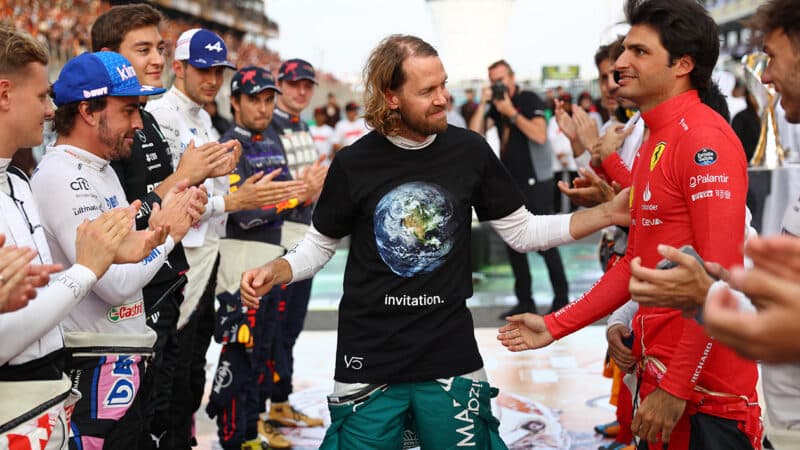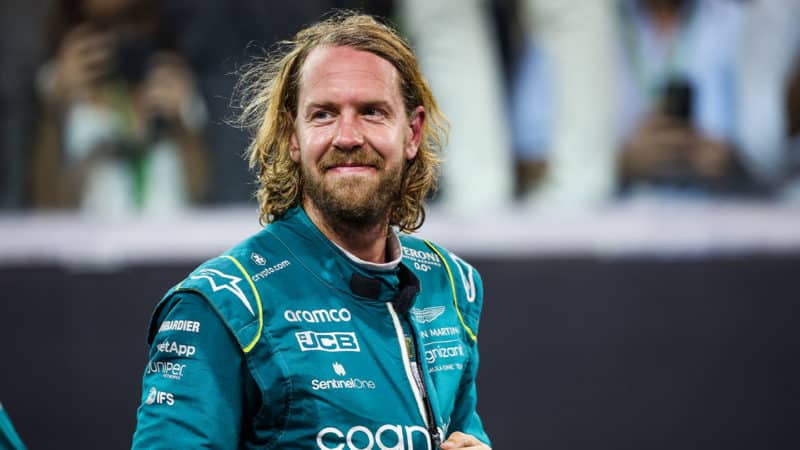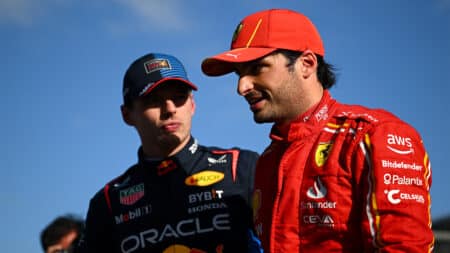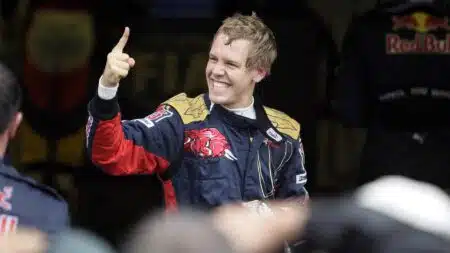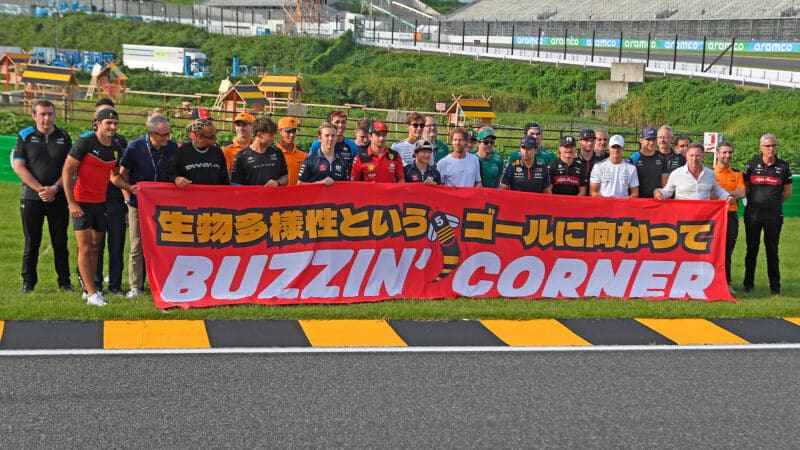Then and there I realised that 2022 would probably be his final season as an F1 driver. Not only was the Saudi Arabian Grand Prix going to be a fixture on the F1 calendar for years to come, but also one of Aston Martin’s principal sponsors was Aramco, Saudi Arabia’s state-owned national oil company. Missing that particular race without a 24-carat excuse would henceforth therefore be impossible for any Aston Martin driver. So, axiomatically, it followed that the only way he could make sure that he would never have to race there again would be to retire from F1 at the end of the year.
On the morning of Thursday July 28, 2022, having worked until 3am the night before, my comms/PR team and I issued a video in which our much loved four-time world champion announced his F1 retirement in his own words; and he posted it on his then brand-new Instagram channel at the same time. It included the following sentences, which he spoke with his usual eloquence: “I love this sport but, as much as there’s life on track, there’s also life off track. Being a racing driver has never been my sole identity. I want to be a great father and a great husband. I believe in change, and progress, and that every little bit you do can make a difference. We all have the same rights, no matter where we come from, what we look like, or whom we love. I’m an optimist and I believe that people are good. But, in addition, I feel that we live in very difficult times. How we shape the next few years will determine the rest of our lives. Talk is not enough. We can’t afford to wait. I believe that there’s still a race to win.”
The race to which he was referring was his growing and accelerating commitment to doing whatever he could to leverage his fame and popularity for the good of the inhabitants of Planet Earth. That may sound grandiose, but it is also entirely valid. In the two years during which I worked with him, 2021 and 2022, we won awards for the inspirational way in which he did just that.
View this post on Instagram
Just before the 2021 Styrian Grand Prix, helped by local schoolchildren, he created an F1-car-shaped ‘bee hotel’ at the Red Bull Ring. Three weeks later, straight after the British Grand Prix, in which he had raced hard for 40 laps until his Aston Martin’s Mercedes engine had terminally overheated, he led a group of volunteer litter-pickers to clear the Silverstone grandstands of the trash that irresponsible spectators had left behind. A month after that, in Hungary, infuriated by that country’s new anti-LGBTQ+ legislation, he wore rainbow-coloured sneakers in the F1 paddock, and he donned a similarly hued T-shirt bearing the legend #SameLove as he took the knee on the grid before the race. Throughout the weekend he had talked to journalists and TV crews intelligently, thoughtfully, and compassionately on the subject of LGBTQ+ rights, equality, and inclusion.
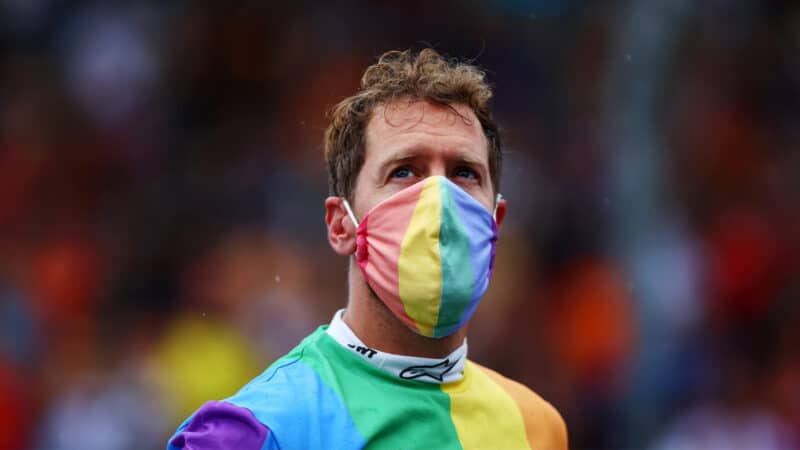
Sebastian Vettel wears pride colours during 2021 Hungarian Grand Prix
Getty Images
In May 2022 he visited and spoke inspirationally at HMP (Her, or now His, Majesty’s Prison) Feltham, a young offenders’ institution in a suburb of west London, formally opening a new workshop in which the teenage inmates could learn how to become car mechanics as part of their rehabilitation. Immediately afterwards he and I took a South Western Railways train to London’s Waterloo Station, sitting among regular commuters, so that he could spend time with the pupils of Oasis Johanna Primary School, which is in a disadvantaged part of inner London, and after that we went by Uber taxi to a church in Hackney, in the East End, where the BBC’s prestigious political television talk show Question Time would be filmed. As the TV cameras rolled, he conversed fluently on the subjects of Brexit, the UK’s cost of living crisis, the then Prime Minister Boris Johnson’s ‘partygate’ shenanigans, and even Finland’s desire to join NATO, consummately out-arguing one of his fellow panellists, Suella Braverman, who was then the Attorney General for England and Wales and the Advocate General for Northern Ireland.
